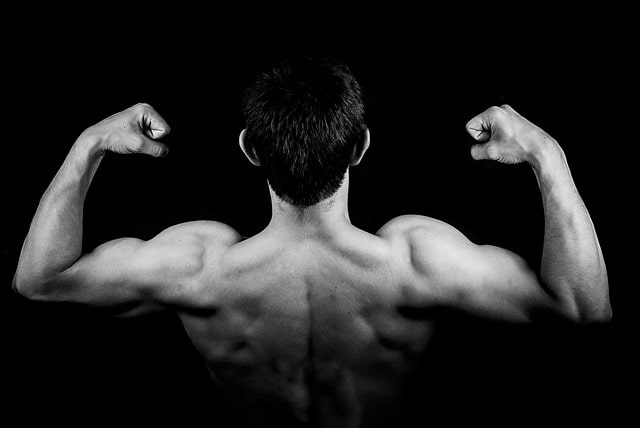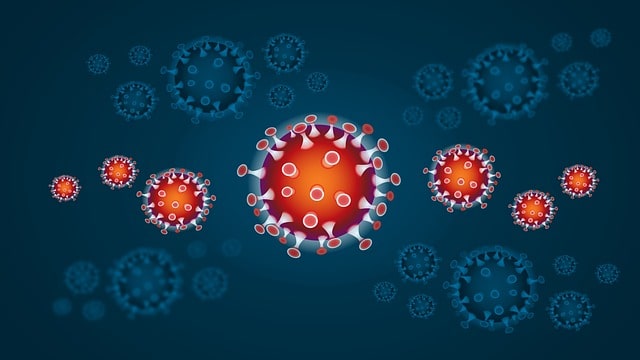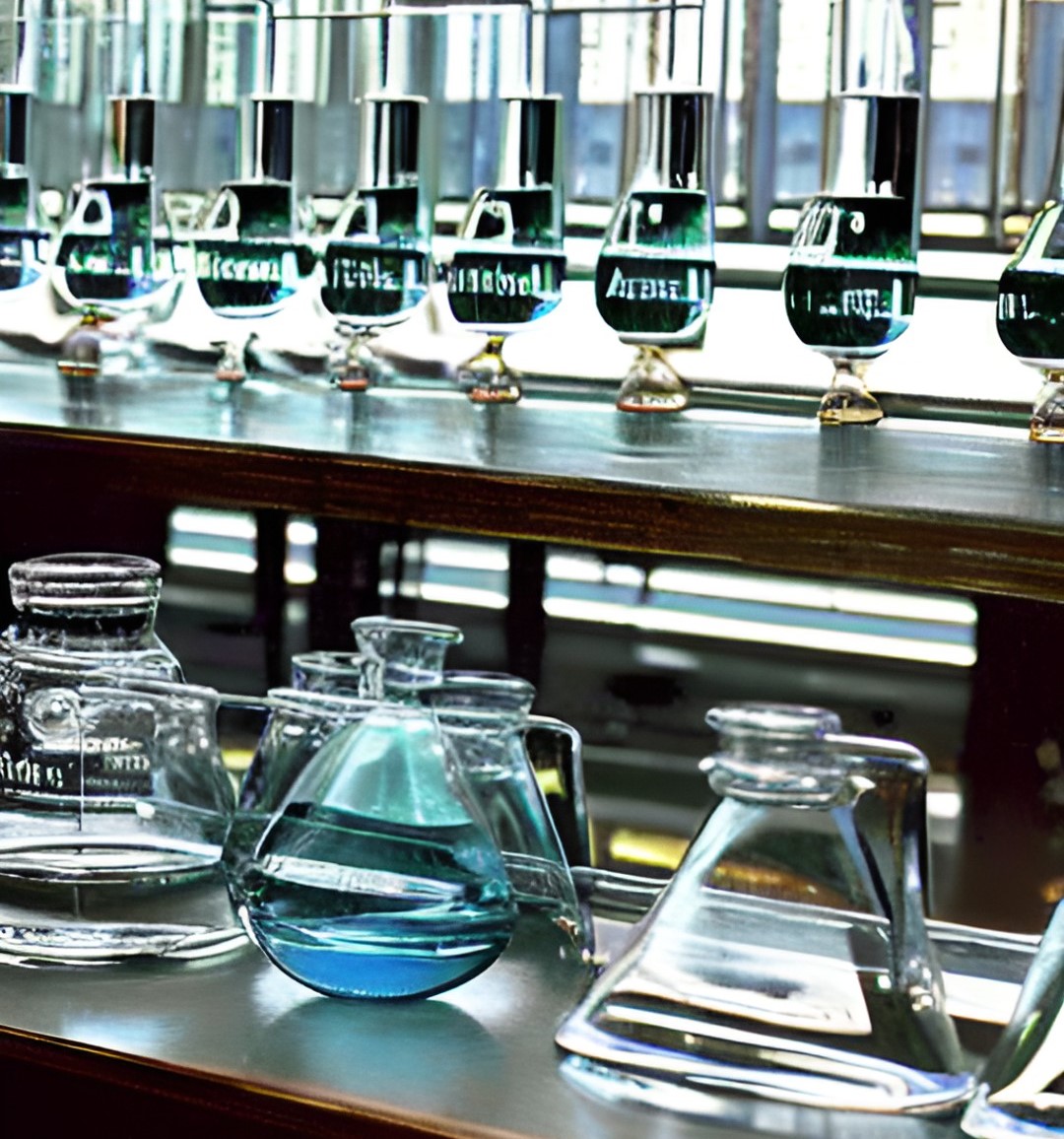
Muscle Mysteries: Your Body’s Blueprint for Strength
Hey, amazing students! Ever wondered why some people seem to build muscles more easily than others? It’s like a magical mystery in the world of fitness. Let’s uncover the secrets behind muscle growth and why it might be a bit trickier for some folks.
Muscle Growth 101
When you hit the gym or do exercises like weightlifting, your muscles go through a fascinating process to get stronger and bigger. The key is protein synthesis – building new proteins faster than breaking down existing ones. It’s like giving your muscles the building blocks they need to grow.
The Magic of Tension
Exercises where you lift or pull against resistance create tension in your muscles. This tension is like the magic spell that triggers protein synthesis and muscle growth. So, when you feel a bit sore after a workout, it’s your muscles saying, “I’m growing stronger!”
Genetic Game Changers
Now, here’s where genetics comes into play. Some people have a genetic mix of muscle fibres – fast-twitch and slow-twitch. Fast-twitch fibres are like the sprinters of the muscle world, growing more easily than their endurance-focused slow-twitch counterparts. If you find it challenging to build muscle, you might have fewer fast-twitch fibres.
The Hormone Helper
Testosterone, often known as the “male” hormone, plays a role too. During puberty, guys get a testosterone boost, giving them a head start in muscle mass. But don’t worry, everyone’s gains tend to level out when following the same workout routines, showing that everyone can adapt and grow.
Protein Factories – Ribosomes
There’s a new player in the genetic game – ribosomes. These tiny machines in your cells help make proteins, and we all have different types and quantities. This can affect how much protein your muscles produce and the types of muscles you build.
Satellite Cells to the Rescue
As you age, you might lose muscle stem cells called satellite cells. These helpers contribute nuclei to growing muscle fibres. Luckily, exercise can make these satellite cells multiply, partially offsetting the natural loss that comes with age.
Adapting Your Muscles
The great news is that even if your genetics make muscle growth a bit trickier, there are ways to adapt. Lowering myostatin, focusing on weightlifting, and adjusting your muscle-fibre ratio through specific exercises can make a difference.
So, whether you’re a seasoned gym-goer or just starting your fitness journey, remember that your body is unique. Everyone’s muscles have the potential to adapt and grow – it’s all part of the magical journey to becoming stronger and healthier!
Now, what do you think about these muscle mysteries? Any questions or thoughts on building your magical muscles? Let’s chat!
Why do some people build muscles more easily than others?
Genetics play a crucial role. Individuals with a higher proportion of fast-twitch muscle fibres may find it easier to build muscle compared to those with more slow-twitch fibres.
How does tension contribute to muscle growth?
Tension, created during resistance exercises, acts as a trigger for protein synthesis. This process provides the building blocks necessary for muscles to grow stronger and larger.
What role does testosterone play in muscle growth?
Testosterone, often associated with male hormones, influences muscle mass development. While puberty gives guys a natural boost, everyone’s gains tend to level out with consistent workout routines.
What are ribosomes, and how do they affect muscle growth?
Ribosomes are tiny cellular structures that aid in protein synthesis. The types and quantities of ribosomes differ among individuals, influencing the amount and type of proteins produced in muscles.
How can age impact muscle growth?
Ageing may lead to a decline in muscle stem cells called satellite cells. However, regular exercise can stimulate the multiplication of these cells, helping offset the natural loss that comes with age.
Can everyone adapt and grow muscles, regardless of genetics?
Absolutely! Even if genetics make muscle growth a bit challenging, adapting strategies such as lowering myostatin, focusing on weightlifting, and tailoring exercises to your muscle-fibre ratio can make a significant difference.
How can one optimize their muscle-building journey?
Embrace your unique body, focus on weightlifting, adapt your workout routine, and consider strategies like myostatin reduction. Your muscles have the potential to adapt and grow, making each fitness journey magical and unique.
What are some practical tips for beginners entering the world of fitness?
Start with a balanced workout routine, gradually increase intensity, and pay attention to your body’s signals. Consistency is key, and don’t hesitate to seek guidance from fitness professionals for a personalized approach.









